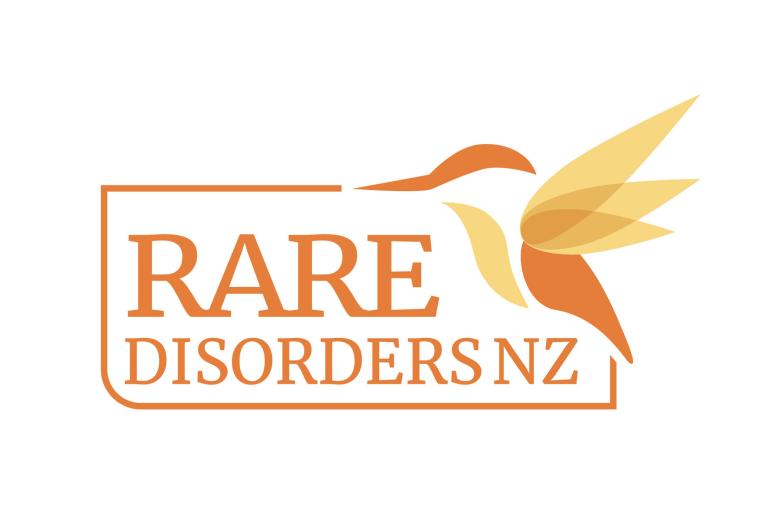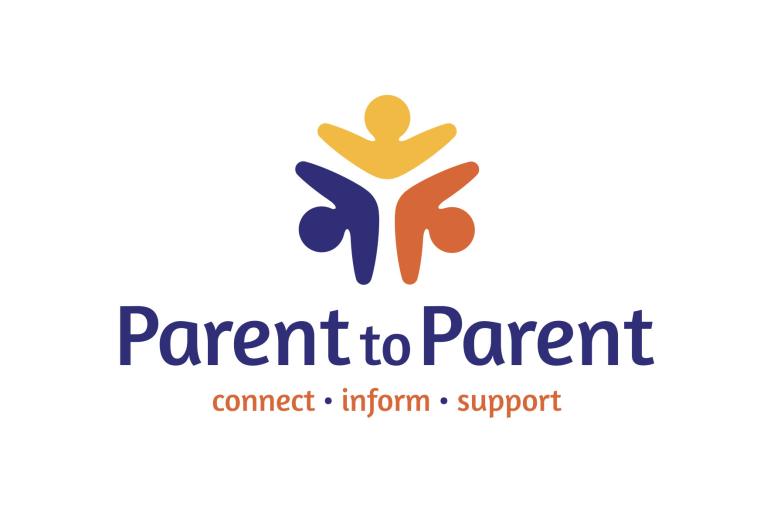Key points about coping with your child's diagnosis
- if your child is diagnosed with a chronic illness or disability, it is an enormously stressful time
- coping is an ongoing process
- everybody copes in a different way - there is no right or wrong way
- ask for help when you need it
After a child's diagnosis
When your child is diagnosed with a long-lasting (chronic) illness or a disability, it is an enormously stressful time for parents and caregivers. Coping is an ongoing process and there is no right or wrong way to manage this time of your life.
You may go through a range of emotional experiences, similar to that of the grief cycle - denial, anger, depression, fear. All of these are normal and natural when facing a stressful situation. There will be days where you feel that the world is against you and you want to bury your head under the duvet. It is important to remember you will come through it. It may just take time.
Strategies for coping with a child's diagnosis
There are a number of different strategies that people use to help themselves and their whānau (family) through this difficult time. Working out what strategy works for you is part of the coping process, so you may need to try some until you find some that works best for you.
The following are some strategies you may find helpful:
- get social support
- check internet forums, blogs and online support groups
- ask about individual counselling or therapy
- educate and advocate
- ask about financial support
- look after yourself
Social support when coping with a child's diagnosis
The support that you receive from whānau and friends is very important. Take what help is offered and do not be afraid to ask for help. Finding a person who listens well and can understand your whānau situation is really important. Connect with your partner or important person in your life. Even if this is for 10 minutes before you go to bed, these times all add up and can help to bring you some peace and normalcy back into your life.
Being able to tell your whānau and friends honestly about what is going on will make things easier, as you will not have to put on a front about how you are managing. Communicating what is happening for you is a key part of developing an effective support network for you and your child.
Local support groups are also really useful. This is an opportunity to meet and talk with someone who has been through a similar experience to yours. This tells you that you are not alone. Parent to Parent is a nationwide network of whānau who have experienced a diagnosis for their child. See below for their contact details.
Online forums, blogs and support groups
Online forums like blogs or online support groups are also a good way of finding out what other people are experiencing and dealing with. Through this, you can connect with others without face to face contact which many parents appreciate. Be aware that information on the web can be overwhelming so make sure the information is suitable for your situation. Also don't assume everything on the internet is 'good' or reliable information.
Individual counselling after a child's diagnosis
Individual counselling or therapy can help you deal with the emotional experiences you are going through. Some hospital clinics and health professionals will have access to psychological or counselling services so it is important that you ask your health professional about what support is available.
Learning about a child's condition
As a parent or caregiver you will always be your child's number one advocate. It is important to learn as much as you feel able to about what your child is going through. Develop relationships with all professionals involved in your child's life. This includes people outside your medical team, such as school staff. Ask questions, find out what is available, and become fully informed about what supports your child is able to access.
The web is a great place to find out information, but it is important to remember that there is always more than one perspective on an issue, so make sure you are looking at reliable sources such as major hospitals or research centres.
Financial support after a child's diagnosis
Chronic illnesses and disability can put a financial strain on whānau. Ask about financial assistance such as the Child Disability Allowance or Disability Allowance.
Financial Help When Your Child Has A Disability Or Chronic Condition
Looking after yourself following a child's diagnosis
You may have heard about the importance of putting your own oxygen mask on before helping your child when on a plane. It's the same when having to cope with a stressful time. Your child with a chronic illness or disability needs you to be as well as you can be so you can look after them and other whānau members. This may sound selfish but it is about strengthening yourself so you can be strong for your child. It's really important that you find some ways and moments to look after your own needs, including your body, mind and spirit, and other important relationships in your life.
Some strategies that work for parents include relaxing - have a bath, do deep breathing, take some time out, even if it just to read a magazine. Have a night off by calling in a babysitter or whānau member - this can help you to rejuvenate. Exercise is also a good way to manage stress, although it can be hard to find time to do exercise. It can be as simple as taking a walk around the block which will help your body to relax.
In some situations whānau may be able to access respite services through disability agencies. Your medical team will be able to advise you about this.
Where to get more information and support
There are a number of places to get more information. Your medical team, including your family doctor, will be a great source of information. New Zealand websites may also have information that you may find helpful.

Rare Disorders New Zealand website has online information and resources as well as a comprehensive support group directory. They also have a parent & caregiver guide that is full of information to help if you are raising a child with a rare disorder in New Zealand.

Parent to Parent is a website that helps connect parents who have children with similar needs. They provide support and information to families and whānau of tamariki with disabilities.

Carers NZ acts as the national peak body providing information, advice, learning and support for New Zealand whānau and carers.

Skylight provides a national support service for New Zealand children and young people who are experiencing change, loss and grief - whatever its cause. Skylight also supports those caring for these children and young people - their families, whānau, friends, professionals and community volunteers.

Visit the Ministry of Education website for a range of information about learning support available depending on your child's needs.
One parent's experience of raising a child with special needs
Mel talks about the challenges associated with raising Ryan.
Mel talks about the challenges associated with raising Ryan.
Source: KidsHealth
Mel says one of the hard things about having a child with special needs is that you become more conscious as a parent. More input is required to help your child meet developmental milestones. Mel says the best thing you can do for your child is to let them know they are loved and accepted.
Source: KidsHealth
Mel discusses how having Ryan has affected her relationship with her husband. She says when you're faced with challenges you dig deep. Mel and Richard's relationship has strengthened as a result.
Source: KidsHealth
Mel stresses that when you have a child with special needs, it is particularly important to stay strong, focus on the big picture and look after yourself and your relationship.
Source: KidsHealth
